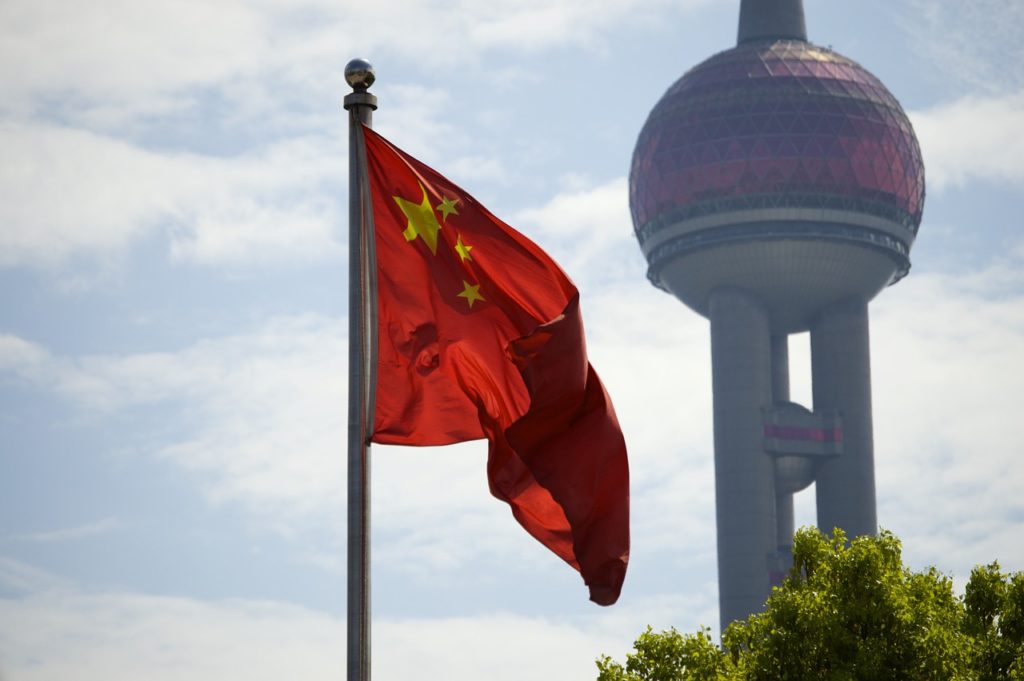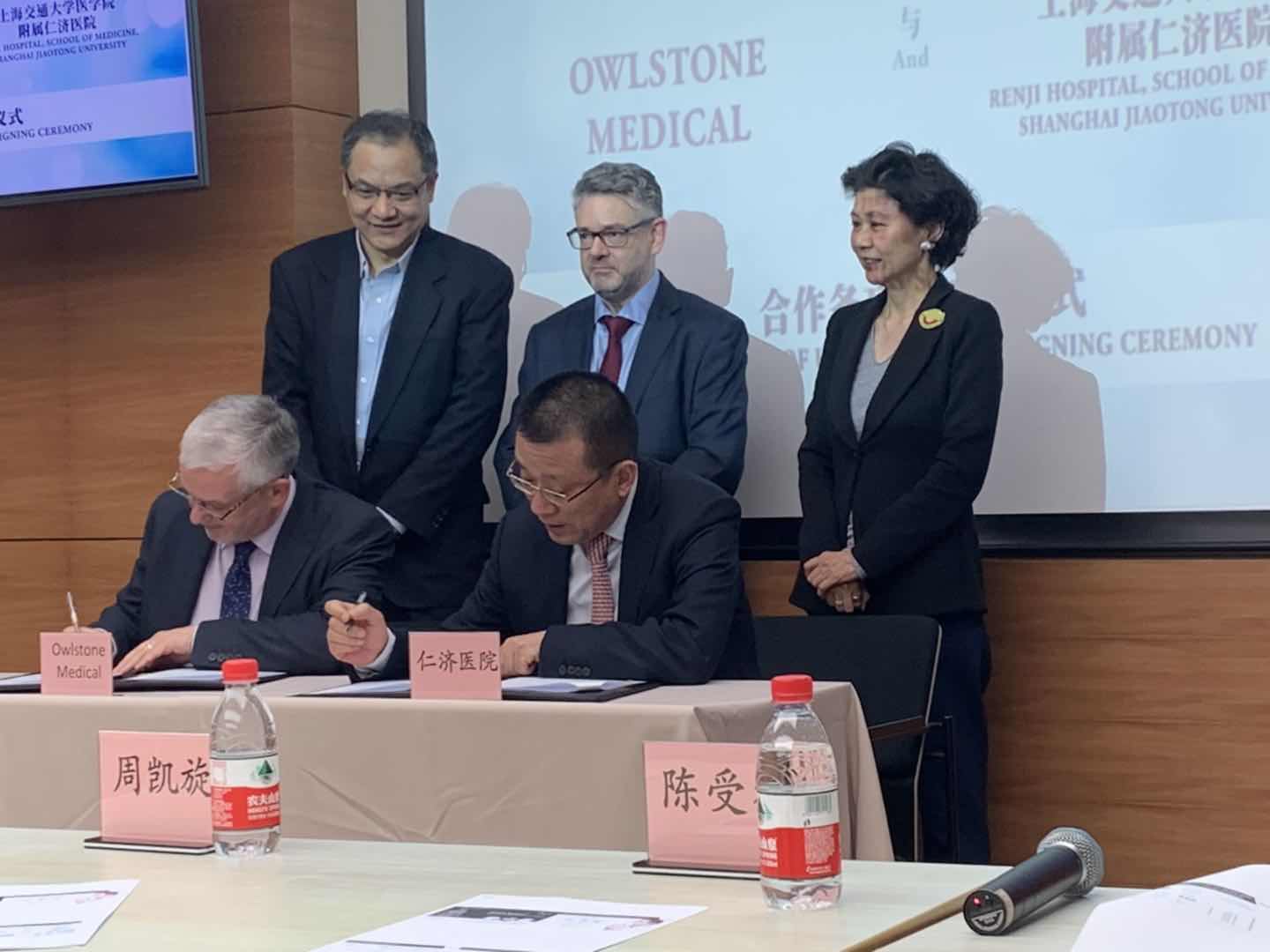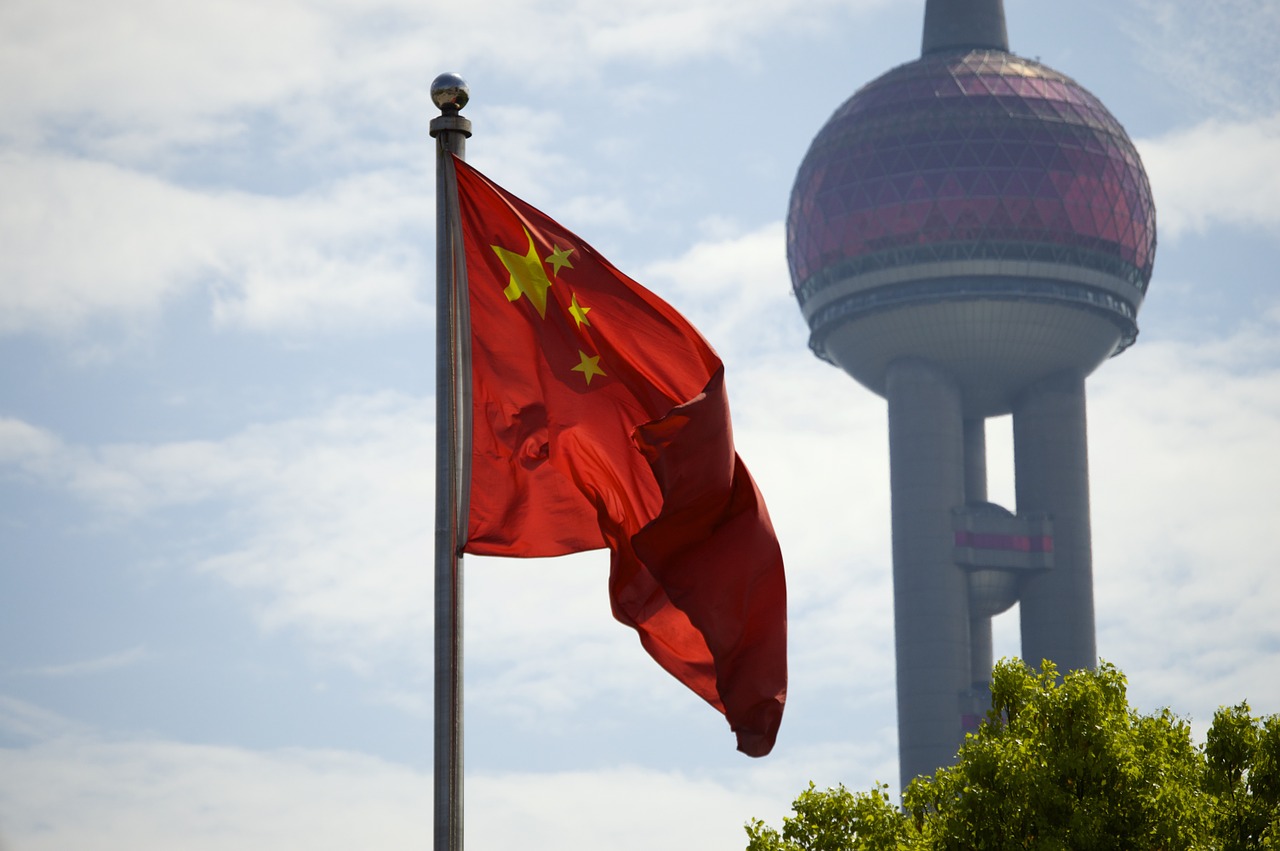Global biopharma Amgen is kicking off the new year with the close of a major deal that will help their oncology products take off in China.
On the other end of the strategic collaboration is BeiGene, the highly respected biotech churning out novel small molecules and monoclonal antibodies into the Chinese pharmaceutical market. For $2.7 billion, BeiGene gives up 20.5 percent of its equity to Amgen and will commercialize at least three of Amgen’s oncology drugs, plus collaborate to advance 20 medicines from Amgen’s cancer drug pipeline.
“Amgen’s capital allocation priorities remain unchanged,” said David W. Meline, Amgen’s executive vice president and chief financial officer, during the initial announcement. “We will continue to grow our business through internal investment and business development, while providing attractive returns to our shareholders through a growing dividend and continued share repurchases.”
Analysts said the deal makes sense for both Amgen and BeiGene, both of which have the capacity and expertise in oncology to seize the growing Chinese market. Cancer is the leading cause of death in China, with an estimated 4.3 million new cancer cases and nearly 3 million new cancer deaths reported in 2018. The growing aging population and rapid social and economic development creates a new but urgent opportunity for cancer drug companies like Amgen and BeiGene.
According to the deal, BeiGene will commercialize three blood cancer drugs: Xgeva (denosumab), which was launched in China in September of last year; Kyprolis (carfilzomib), approved for the treatment of relapsed or refractory multiple myeloma in the US; and Blincyto (blinatumomab), approved for the treatment of relapsed or refractory B-cell precursor acute lymphoblastic leukemia in adults and children in the US. New Drug Applications (NDAs) have been filed for the latter two drugs in China.
The launch of these drugs will mark Amgen’s first oncology foray in China; its cholesterol-lowering drug, Repatha, gained National Medical Products Administration (formerly the China Food and Drug Administration) approval last year. The company says they are hoping to launch more non-oncology products into China including an agent that reduces the risk of fractures in postmenopausal women with osteoporosis.
As part of the agreement, BeiGene’s board of directors will include one Amgen executive. Anthony Hooper, former executive vice president of global commercial operations at Amgen, was elected for this role.
“Through this strategic collaboration with Amgen, we are also pleased to welcome Tony Hooper to our board of directors,” said John V. Oyler, chairman, co-founder and CEO of BeiGene. “Tony’s commitment to patients and his commercial experience with larger organizations will serve us well as BeiGene continues to grow and expand our commercial operations.”
Other pharmaceutical companies see the rewards of setting up shop in East Asia. Last summer, GlaxoSmithKline opened up its $95 million continuous manufacturing facility in Singapore to make active pharmaceutical ingredients (APIs) for clinical trials but also sold a different plant in China to Shanghai Fosun Pharmaceutical. China appears to be the focus of other global pharma companies including Pfizer, AstraZeneca and Sanofi, that hope to expand their innovation-driven portfolios.
For now, Amgen and BeiGene will set the stage for innovative oncology products in a relatively untapped market.











Join or login to leave a comment
JOIN LOGIN